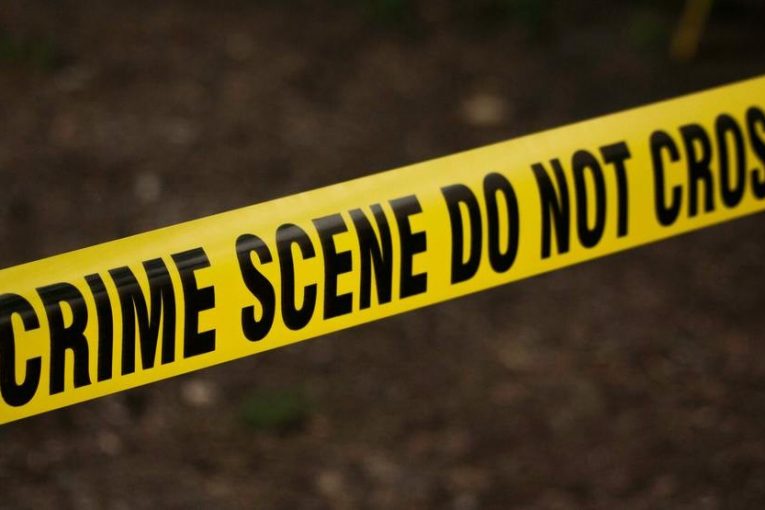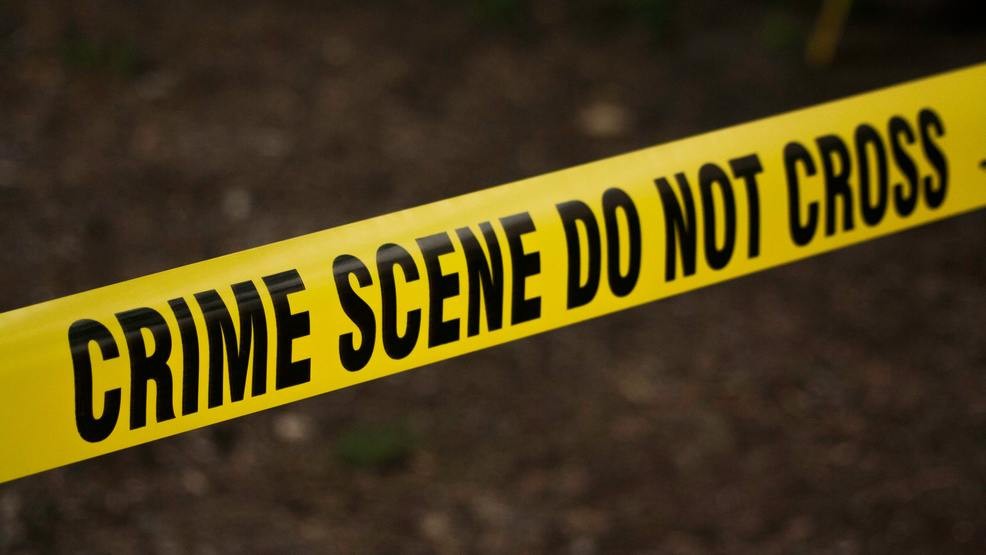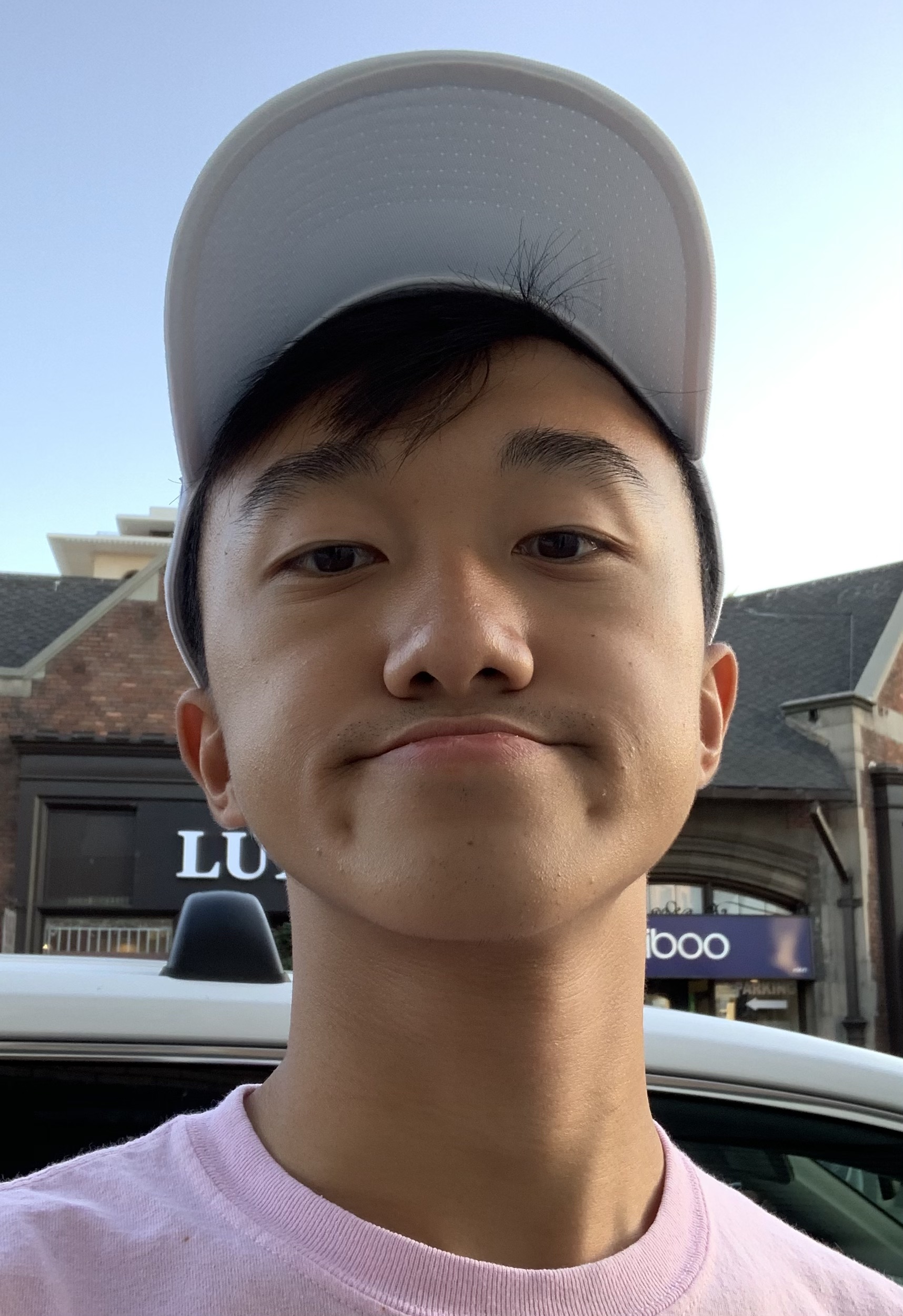

By Luke Kyaw and Ankita Joshi
SOUTH LAKE TAHOE, CA – In January 2016, a 100-pound marijuana transaction was scheduled to take place at the Beverly Lodge Hotel in South Lake Tahoe—but, when the deal fell through and the seller went back to the parking lot, two men allegedly tried to rob him and he was fatally shot.
The police then arrested seven suspects, of which five were men of color and the remaining two of Caucasian background.
Dion Vacarro, who makes up one of the five, termed their group the “Tahoe Five” in a letter sent to The Vanguard and wrote about the injustice and bias they faced throughout their case.
(Note: The “Tahoe Five” consisted of Dion Vacarro, Tevarez Lopez, Harvest Davidson, Domenic Randolph, and Andrew Adams.)
In an interview with The Vanguard this past week, Vacarro clarified that he alongside another one of the Tahoe Five never waived time from the very beginning but that the court “kept finding good cause to vacate [their] right to a speedy trial.” As a result, their preliminary hearing happened one and a half years after their arrest.
In the preliminary hearing, all the eyewitnesses—four of whom were friends of the victim—were called up to the stand for their testimonies and none of them selected any of the Tahoe Five to be the suspected perpetrators. The Tahoe Five were also all present in the courtroom in handcuffs and yet not one of the eyewitnesses positively identified them.
At this time, the remaining two suspects were not in the room alongside the Tahoe Five. One of them had pleaded to a separate deal and became the prosecution’s star witness while the other had actually confessed to being the suspected killer on record contingent on a deal that they will only get seven years to life.
However, despite having someone already on record confessing to the crime (who later reneged on their statements), the court still found sufficient evidence for the Tahoe Five to go to trial.
Vacarro claimed both in his letter and interview that this had resulted because of the prevalent racial bias in El Dorado County.
He suggested bias from the venue being in Placerville, a city in El Dorado County that previously was named Hangtown, as well as how one eyewitness who identified two different Black men other than the Tahoe Five from the lineup during the preliminary hearing had justified her action by saying “all n****** look alike.”
When the Tahoe Five still did not want to waive time for their trials, the court once again found good cause to vacate their right to a speedy trial on the basis that the prosecution had to distribute evidence to other involved parties. Vacarro claimed this was a “strategic tactic” on the prosecution’s part.
Moreover, the evidence the Tahoe Five received from the prosecution was compiled in electronic tablets rather than the traditional form of paper. In his letter, Vacarro mentioned that they “couldn’t have the electronic device in their cells” and thus had very limited access to view it.
The evidence had also allegedly redacted all of the witnesses’ names, which restricts the defendants’ ability to properly come up with cross-examination questions. Vacarro emphasized in his letter that this was “a violation of the Tahoe Five’s due process rights.”
Vacarro’s trial was the first one to take place out of the Tahoe Five.
During his trial, despite the star witness of the prosecution refusing to point to him as the killer, Vacarro was ultimately convicted. There were numerous factors that contributed to his conviction in face of seemingly lacking evidence.
One of these factors included the local media producing stories that allegedly linked Vacarro and another one of the Tahoe Five, Domenic Randolph, to the death of a young child. However, both Vacarro and Randolph were in custody at the time, and could not have had any connection to the case.
These incriminating articles were posted online with both the full names and pictures of Vacarro and Randolph the same day that Vaccaro was set to start jury selection, “an obvious attempt to taint the jury pool” noted Vacarro.
In his letter, Vacarro continued by writing how this was not an isolated incident where the local media had portrayed the Tahoe Five as “monsters of nightmares,” but it was a most blatant attempt of tainting the jury pool.
In addition to articles such as the one described above, the local media has also put out pro-prosecution articles that “portray the district attorney as heroic,” which Vacarro highlights as “clear and conclusive proof of the racially charged lynching of the Tahoe Five” since there had been no accurate reporting or research done on the case.
Vacarro also told The Vanguard of another factor that contributed to his conviction.
His attorney at the time had confessed later to being sick on the day of the trial. He had allegedly been unable to concentrate on what was happening that day and Vacarro further claimed that he “fell asleep during the trial.”
In the interview, Vacarro explained that he had the same attorney through the entire time period leading up to his trial, and was repeatedly assured that there wasn’t enough evidence to convict him. According to Vacarro, his attorney also had misinformed him about the contents of his plea deal, leading him to feel that he had no choice but to go to trial.
During this time, Vacarro had also gone through hours of phone calls between the star witness and the DA where he discovered the DA had been threatening the star witness.
The report provided by the private investigator to Vacarro revealed that the star witness had only been 18 when they were arrested and had promised to lie during the preliminary hearing to go back home and try to get a better deal for themself.
Once the trial had been set, however, the star witness recanted their statement and refused to testify as aforementioned, but the court had proceeded to read the statements they had made to police officers during the trial.
The star witness had told the private investigator, “I lied to the police from the beginning. I lied during the preliminary. I had never seen Dion Vaccaro in my life.” And they had refused to testify at Vacarro’s trial because they did not want him to go to prison for a crime he did not commit.
On top of this, 4,000 pages of evidence were also recently discovered to have never made it to the hands of the Tahoe Five.
In The Vanguard interview, Vaccaro stated that he was not certain of what was in those pages of evidence, but theorized that it probably held imperative exculpatory evidence for himself and the rest of the Tahoe Five.
Vacarro has filed a motion for a new trial on the basis of ineffective assistance of counsel as well as newly discovered evidence, and is currently awaiting the judge’s decision.
Tevarez Lopez’s case—another one of the Tahoe Five—is set to start trial on this Wednesday, Nov. 3.






